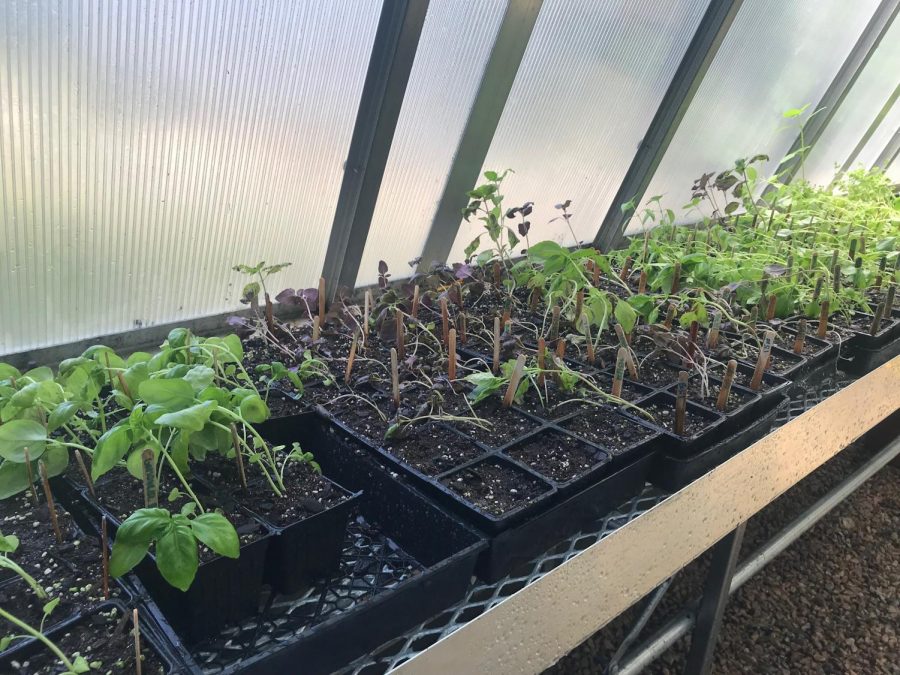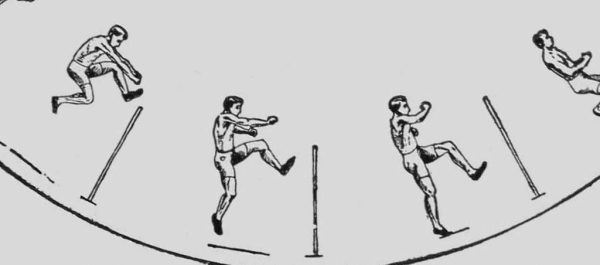The rundown on spring gardening
Using Millbrook’s resources to their advantage, students grow herbs and other plants in our greenhouse. This gives them the opportunity to learn how to correctly grow food and practice environmentally friendly actions.
April 23, 2019
As we approach May, many people are curious as to how they can bring a little bit of springtime fun into their home. Gardening is a great way to get exercise, provide food for yourself, and help the environment. Gardening can mean a lot of things to different people. Whether it means keeping a few plants around the house or having a vegetable garden in the backyard, most gardeners can agree that it is an easy way to unplug and spend a little time with nature.
The best way to start gardening is to first decide what you want out of the experience. If you want a simple way to get fresh produce, then you might want to stick with vegetables like lettuce, potatoes, and cucumbers. Or if you would rather garden for aesthetics, bright flowers are a great option.When asked about her favorite springtime flower, sophomore Joanna Slater said, “French Hydrangeas are really beautiful because of their huge, colorful flower heads, and they’re also really cool because you can manipulate the color of the flower by just changing the pH of the soil. My neighbors have a few of these and will put a rusty horseshoe in the soil to make beautiful blue blossoms in the spring and summer!” Some plants also have healing and purifying purposes that may benefit the gardener. Vines like English Ivy help to keep toxic chemicals out of users homes and reduces levels of carbon monoxide. Similarly, Peace Lilies are a great option for removing carcinogens from your home, although they can be harmful to pets.
Next, it is time to get your hands dirty. Visiting a local garden center is a great place to get personalized help and to purchase plants. Some tips you might hear during your visit are to weed weekly, use milk jugs and other old containers for covering plants in times with frost, and use compost or organic soil as much as possible. Weeding your plants weekly helps to reduce the number of pests in your garden. Pests are attracted to over-ripe vegetables so removing them helps keep your garden clean. Covering plants helps prevent deadly damage that comes with frost and helps to curb the damage that comes with harsh winds. Using more compost helps to enrich your soil and also helps with keeping pests out of the way. Although gardening is not for everyone, it is a fun way to improve your health both physically and mentally. Get outside and plant something for some rest and relaxation!












